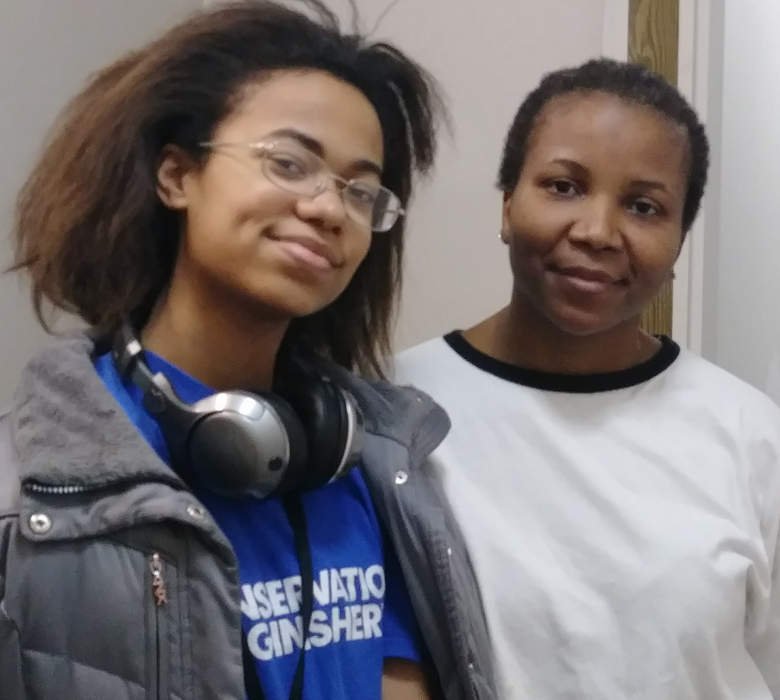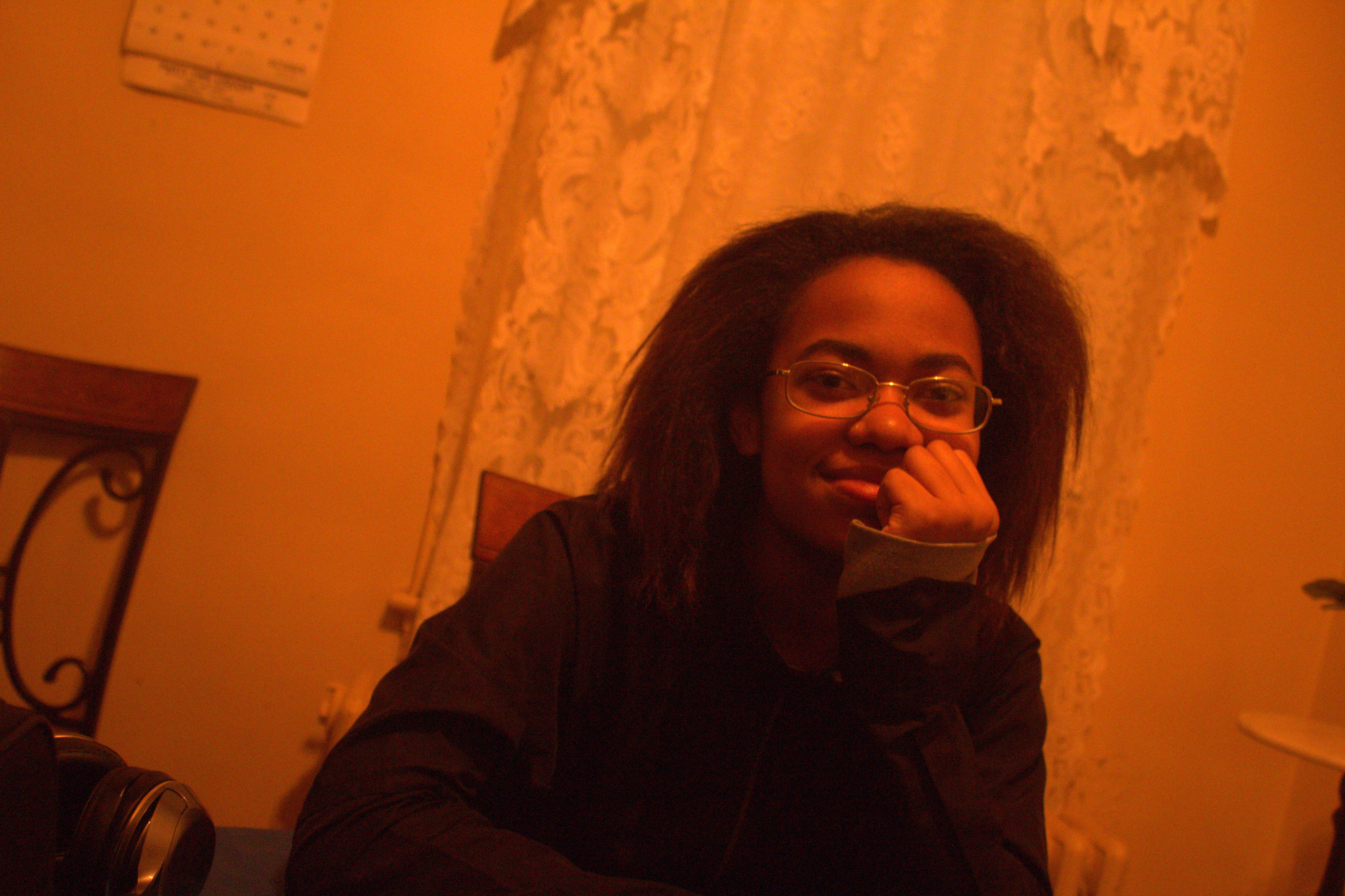Female genital cutting (FGC) occurs in many countries around the world. Through my future posts, I hope to explore a few of these places by meeting with those who can speak on them. Many African countries and countries in the Middle East have been reported to have a large concentration of practicing communities. However, FGC is not limited to these areas, nor is it practiced by every single person in these regions. Recently, I spoke with Uzokau Chukwu, a registered nurse, about her thoughts on FGC.
 Brionna Wiggins with Uzokau Chukwu
Brionna Wiggins with Uzokau Chukwu
Mrs. Chukwu is from a community in Imo State, Nigeria, where she spent her childhood until age 13, before moving to the United States. To her knowledge, FGC was not practiced in the place she grew up. Instead, her community does an alternative practice, a tradition entirely without blood or cutting, where the area above the pubic bone is massaged.
“Older women in my village says it’s to reduce the sensation of a girl being overly sexed,” she said. “They don’t cut anything.” According to her community, it still meets the security needs of those who fear raising a promiscuous daughter without cutting away at the body.
Mrs. Chukwu didn’t hear of FGC until she came to America and began her medical studies later in life. She worked alongside a student who came from a country with a high prevalence of FGC, so the topic was analyzed through an infection-control perspective.
The practice of FGC brings up health concerns, as girls may be laid directly on the ground for the procedure, and there is risk of severe injury or death. The operation may be done in a setting without sterile equipment.
“People were saying that some girls are dying after they go through that procedure,” she said. “They bleed to death or, you know, they cut so much nerve or into something, and then the places where they’re doing those things are not clean.”
Additionally, Mrs. Chukwu is left to ponder a handful of questions. How do practicing societies know if FGC works to reduce sexuality? Do they have alternatives? Did they notice a vast difference between those who are cut and uncut? Who came up with this practice? Who deemed it to be right? More importantly, who asks the girl for proper consent?
I agree with Mrs. Chukwu that FGC might be a slightly different matter if FGC was limited to consenting adult women rather than young girls. However, the idea of “cutting into someone’s body,” especially having to hold down the person as the procedure goes on, is disturbing. Although it goes without saying (I still asked), Mrs. Chukwu wouldn’t have herself, her daughters, or anyone else undergo the procedure. She wondered in passing if she was being too harsh in judging those who have their girls cut, but she also demanded concrete evidence that the cutting had any medical benefits at all. Ultimately, Mrs. Chukwu fears that FGC perpetuates the second-class status of women worldwide.
The conversation on FGC is definitely opening up to the general public on a worldwide scale as awareness grows. Admittedly, it’s hard to convince others to abandon FGC, as to do so is to challenge their beliefs, especially since it’s a practice that has persisted for generations. Hopefully, increased advocacy against FGC will spike awareness of its detriment to women and society.
More on Brionna:

Brionna is currently a high school senior in the District of Columbia. She likes drawing, helping others, and being able to contribute to great causes.
